Publications
Articles, publications, books, tools and multimedia features from the U.S. Institute of Peace provide the latest news, analysis, research findings, practitioner guides and reports, all related to the conflict zones and issues that are at the center of the Institute’s work to prevent and reduce violent conflict.

For Sahel Stability, U.S. Needs Broader, Coordinated Policy
As military coups and violent insurgencies have spread across Africa’s Sahel over the past decade, U.S. policy has professed to recognize and address their interconnections across the region, notably through the Trans-Sahara Counterterrorism Partnership. Yet this effort remains insufficient to meet the scale and complexity of the violence and the underlying failures of governance.
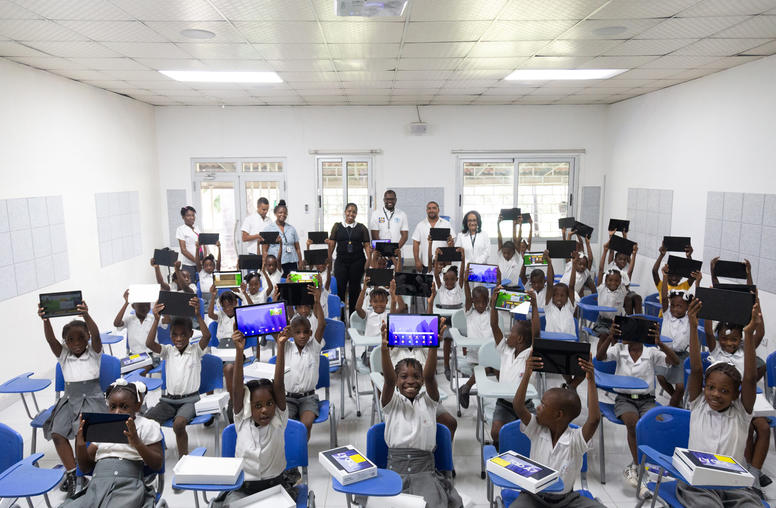
For Peace in Haiti, Let’s Build on the Success We’re Ignoring
Haiti’s new eruption of violence threatens anarchy and famine for its 11 million people and endangers security in the entire region, yet “an old narrative that ‘Haiti is hopeless’” risks deterring U.S and international policymakers from any real effort to help, says Marie-Marcelle Deschamps, an internationally recognized Haitian doctor and humanitarian. “The world is hesitating, and thus isolating Haiti, but this ignores many successful ways that Haitians and international partners have built progress and peace together.”
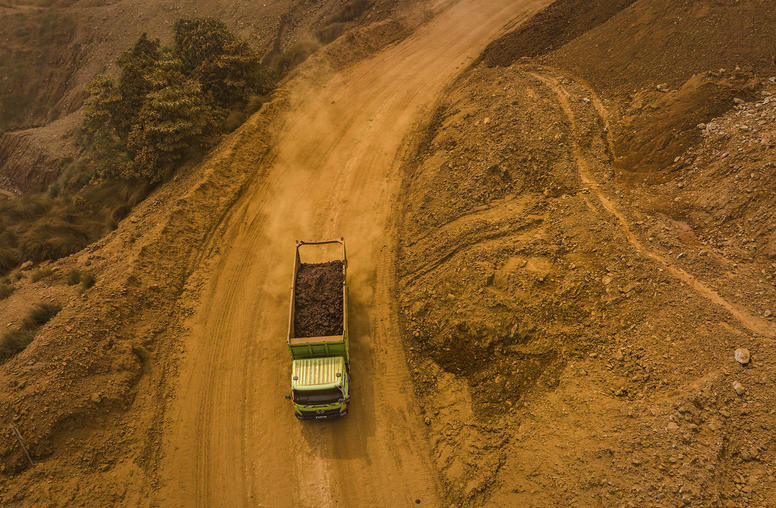
Indonesia’s Nickel Bounty Sows Discord, Enables Chinese Control
As the world moves toward cleaner forms of energy, specific minerals and metals that support this transition have become “critical.” Nickel — a major component used in electric vehicle (EV) batteries — is one such critical mineral. Demand for battery metals is forecast to increase 60-70 percent in the next two decades. This may be a boon for some. But in Indonesia, which produces more than half of the world’s nickel supply, it has led to political, environmental and ethical complications.
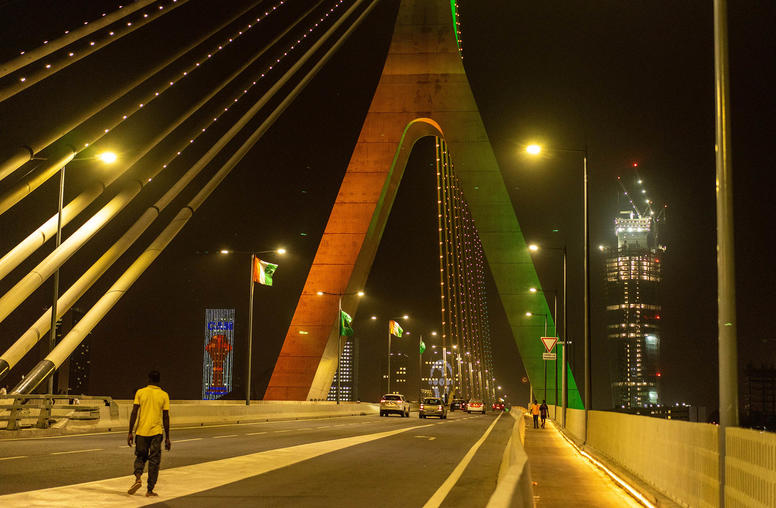
U.S. Plans to Build Africa’s Infrastructure Bring Opportunities, Challenges
An interesting trend is emerging in U.S.-Africa relations: even as the United States moves to counter Chinese influence in key sectors like critical minerals, China’s influence in Africa is subtly reshaping the United States’ own approach to engaging with the continent.
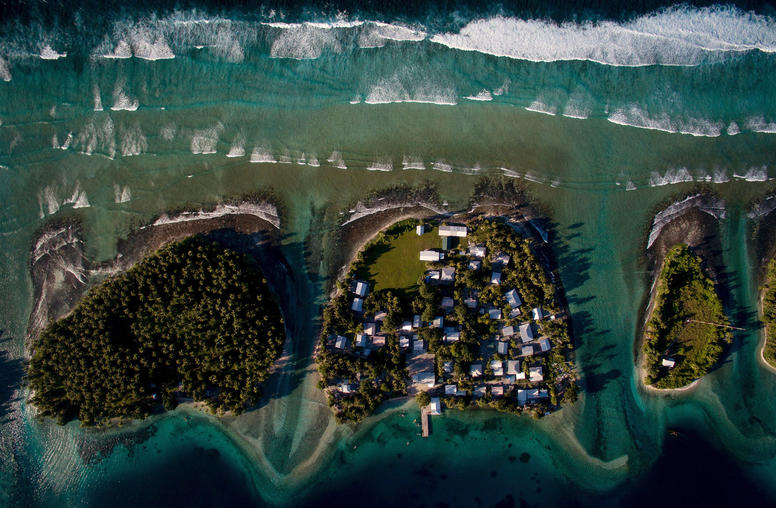
In the Pacific, U.S. Risks Letting Down its Closest Partners
As the United States seeks to shore up alliances and maintain regional stability amid increasing Chinese competition in the Pacific, it needs to mend strained relations with the island states that are its closest partners. The U.S. government describes Palau, the Federated States of Micronesia and the Marshall Islands as “the bedrock of the U.S. role in the Pacific” and “crucial” to U.S. defense there. After months of delay that have undermined those relationships, the United States this month renewed the funding that underpins their government budgets. But significant bilateral strains will require further U.S. attention.
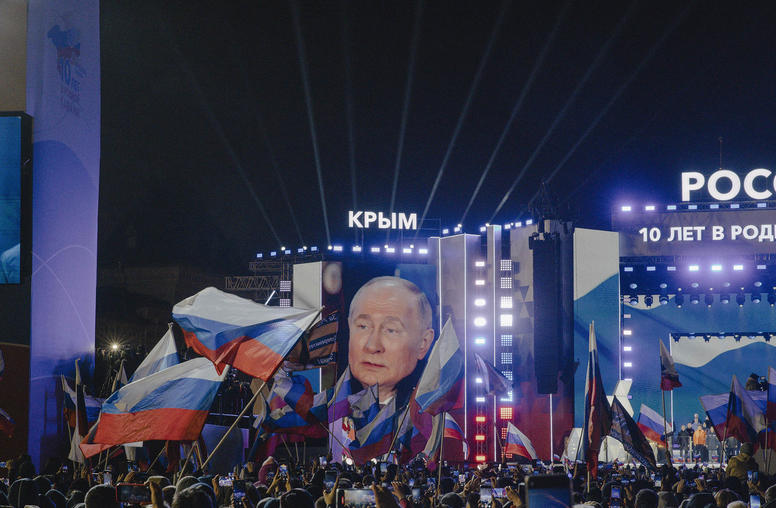
Putin’s Next Term: More Repression in Russia, Aggression in Ukraine
Vladimir Putin views his election for a fifth term as president as a plebiscite to cement his legitimacy as a great wartime leader leading an existential fight to save Russia from Ukrainian “Nazis” and from Western threats to Russia’s very existence as a great power and a unique civilization.

Keith Mines on the Collapse of Haiti’s Governance
With the governing structure now collapsing, Haitian gangs “have the country in a stranglehold,” says USIP’s Keith Mines, and that the best path to re-establish stability is “to form a new transitional government that would be more inclusive, that would have better connections to the Haitian people.”
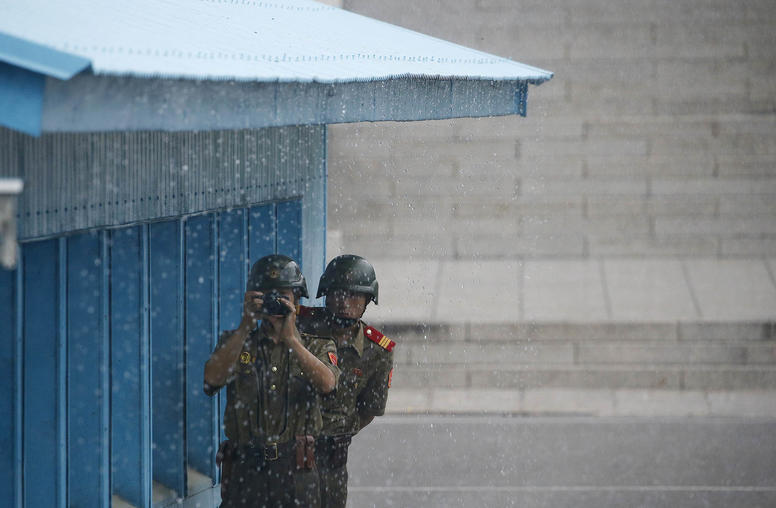
Building Trust through Health Cooperation with North Korea
The United States needs to address the existing trust deficit with North Korea if it wants to coexist peacefully with that country. Trust building through health cooperation may be the least contentious way politically and the most likely to succeed. However, engagement on health and humanitarian assistance with North Korea, like security negotiations, has been undermined by geopolitics.
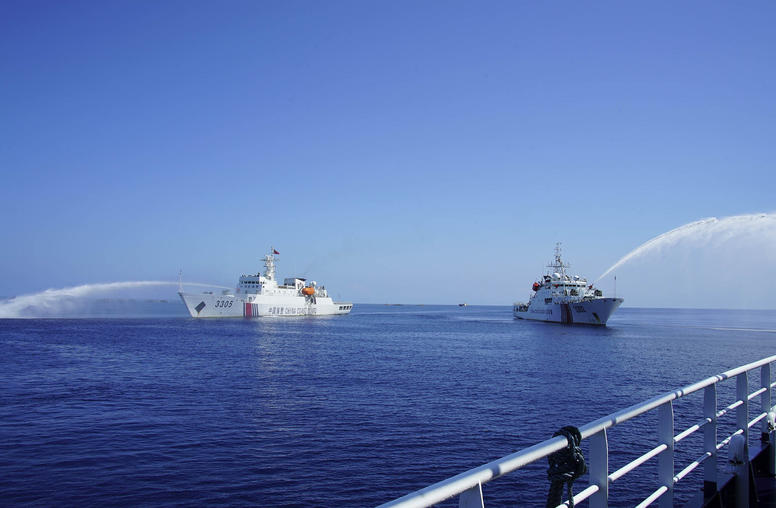
Are China and the Philippines on a Collision Course?
Tensions between China and the Philippines have sharply escalated in recent months over territorial disputes in the South China Sea that could draw in the United States.

War and the Church in Ukraine
Vladimir Putin’s war to reverse Ukraine’s independence includes religion. For centuries, the Russian Orthodox Church bolstered Moscow’s rule by wielding ecclesiastical authority over Ukrainian churches. Since early 2019, Ukraine has had a self-governing Orthodox Church of Ukraine. Russia’s invasion has sharpened tensions between it and the rival branch historically linked to Moscow. Any conciliation between them could shrink areas for conflict — and the Kremlin’s ability to stir chaos — in a postwar Ukraine. It would bolster Ukraine’s future stability and reinforce a decline in Russia’s historically massive influence across the Orthodox Christian world. But can Ukrainians make that happen?